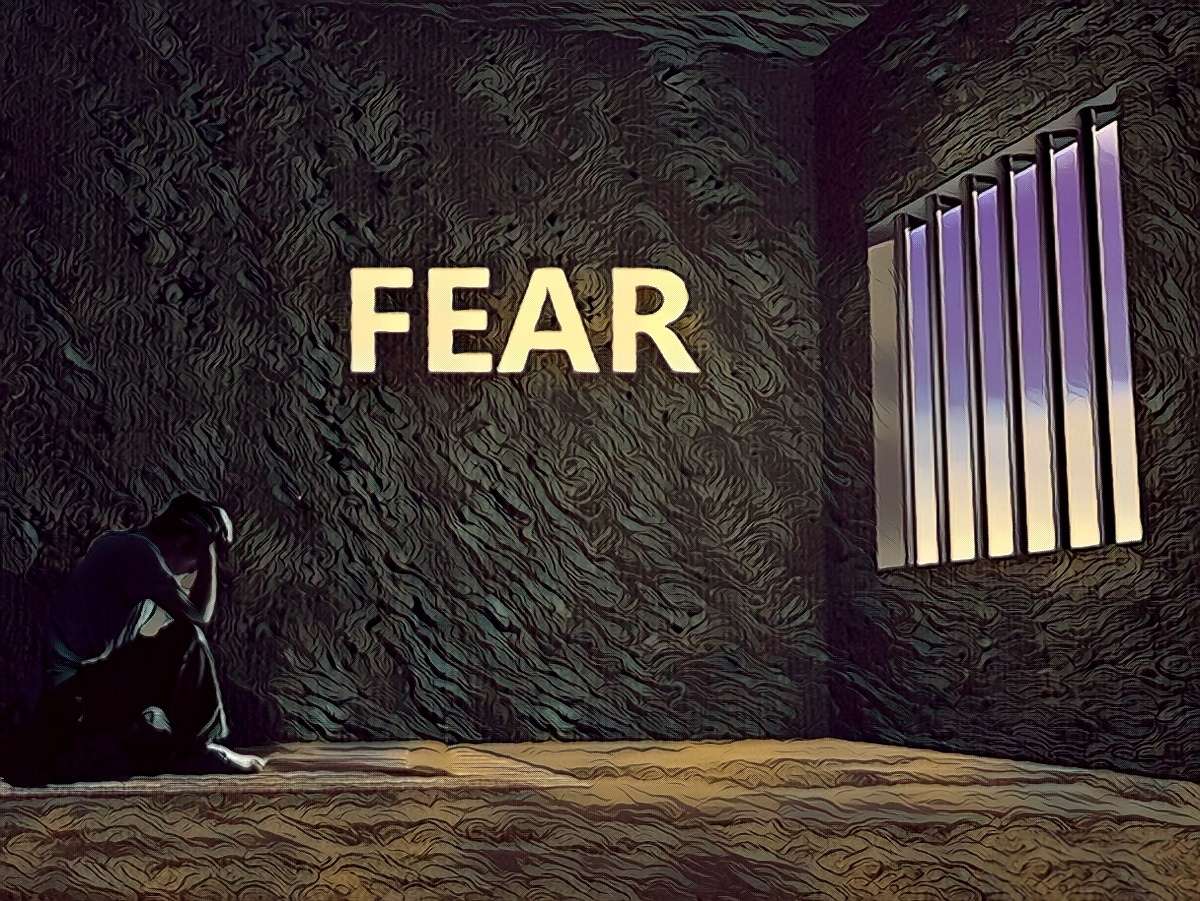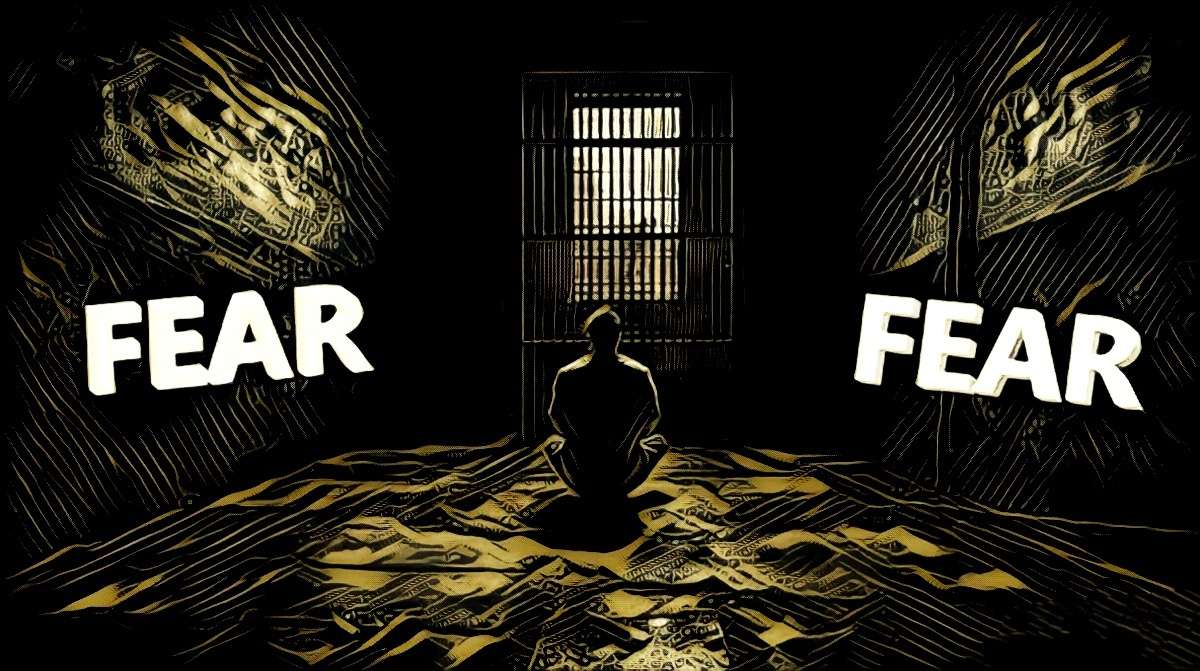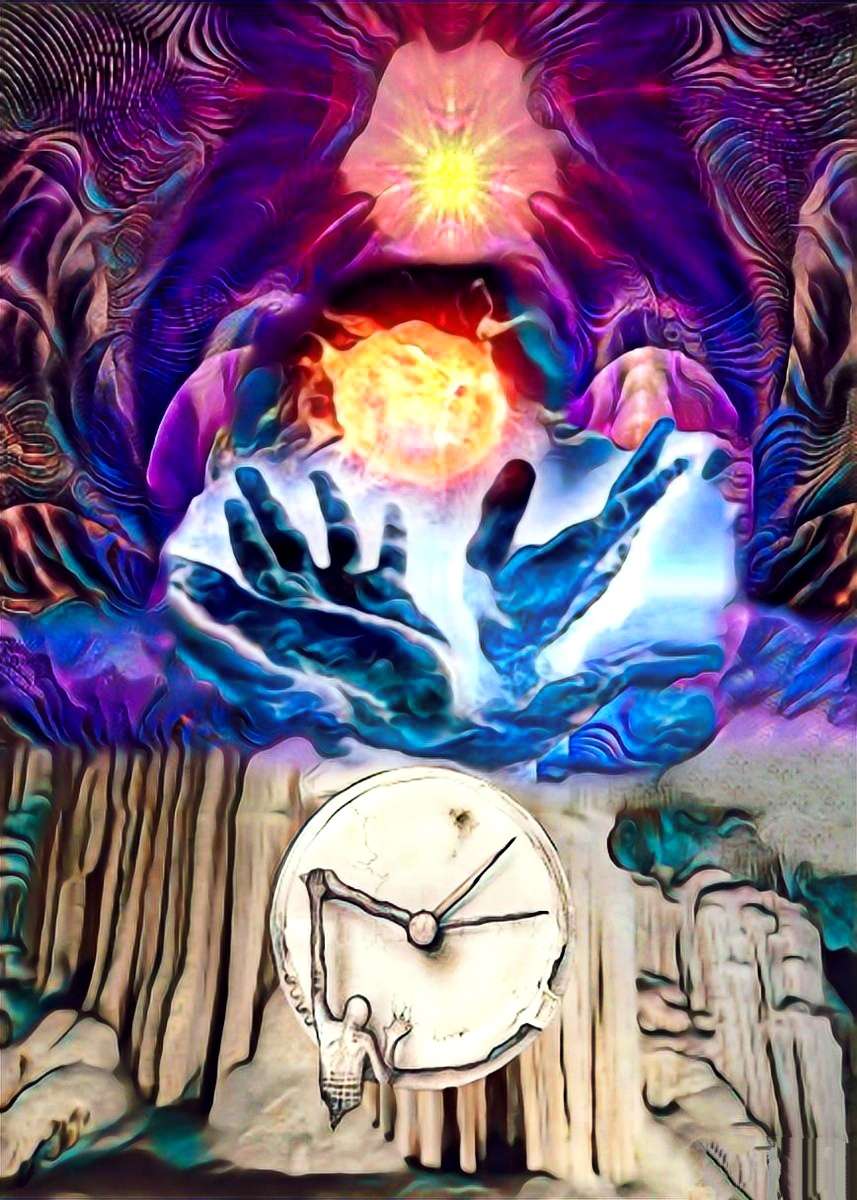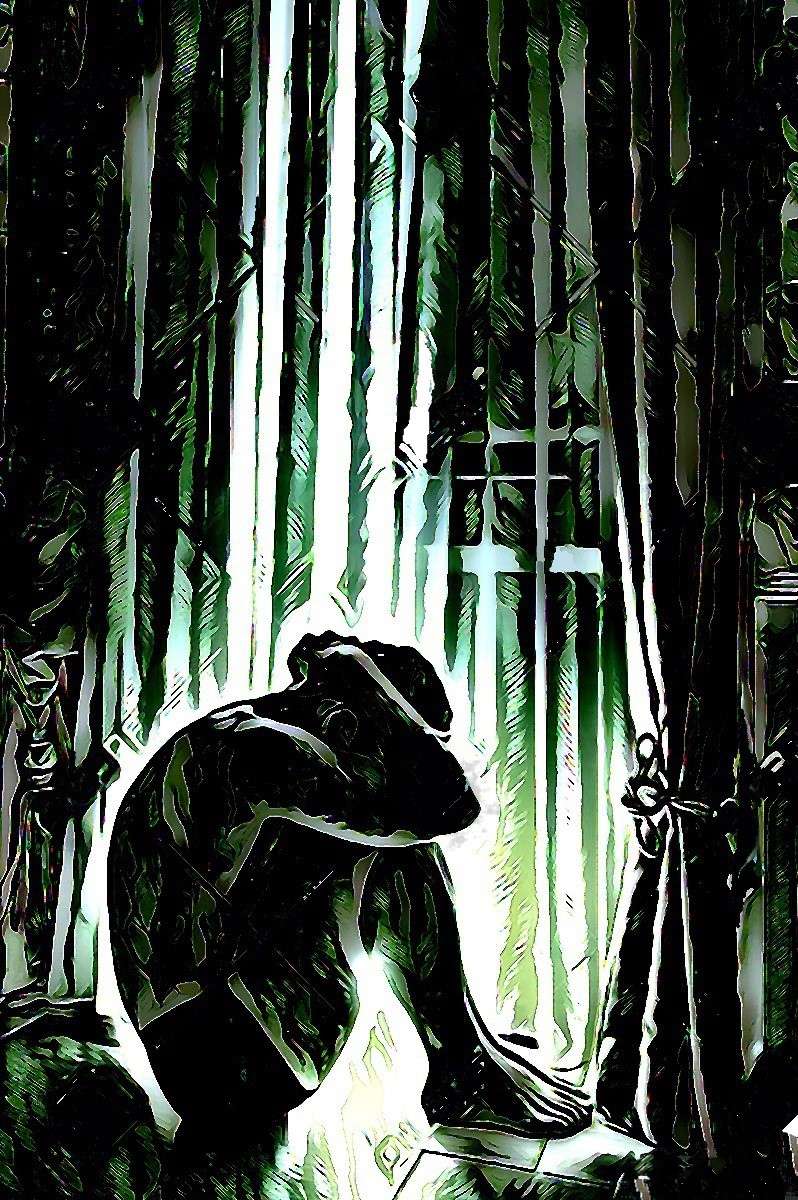
The human psyche, a complex tapestry woven with threads of consciousness and unconsciousness, often harbors hidden depths that can be both fascinating and terrifying. These depths are sometimes inhabited by entities that we may refer to as “demons,” not in a supernatural sense, but as personifications of our inner turmoil, fears, and negative emotions. These demons can manifest in various forms, from crippling anxieties to destructive behaviors, and their presence can profoundly impact our lives. This essay delves into the nature of these internal demons, exploring their origins, manifestations, and potential strategies for overcoming them.
The Origins of Inner Demons
The origins of these inner demons can be traced back to a multitude of factors, including genetic predisposition, environmental influences, and personal experiences. Some individuals may be more susceptible to developing these demons due to inherited traits or biological factors. For instance, genetic variations can influence our propensity for anxiety, depression, or addictive behaviors. Environmental factors, such as traumatic events, exposure to violence, or negative social interactions, can also contribute to the development of inner demons. These experiences can leave deep emotional scars that manifest as negative thought patterns and destructive behaviors.
Furthermore, personal beliefs and values can play a significant role in shaping our inner demons. Our perceptions of ourselves, the world, and our place in it can influence the types of demons we harbor. For example, individuals with low self-esteem may struggle with feelings of inadequacy and self-doubt, while those with a pessimistic outlook on life may be prone to anxiety and despair.
The Manifestations of Inner Demons
Inner demons can manifest in a variety of ways, ranging from subtle anxieties to overt destructive behaviors. Some common manifestations include:
- Anxiety and fear: These demons can manifest as persistent feelings of worry, dread, or panic. They can interfere with daily life, making it difficult to concentrate, sleep, or maintain relationships.
- Depression: Inner demons can also manifest as feelings of sadness, hopelessness, or worthlessness. They can lead to a loss of interest in activities, social withdrawal, and difficulty making decisions.
- Anger and resentment: These demons can manifest as feelings of hostility, bitterness, or rage. They can lead to impulsive behaviors, conflicts with others, and physical health problems.
- Addictions: Inner demons can also manifest as addictive behaviors, such as substance abuse, gambling, or compulsive shopping. These behaviors can have devastating consequences for individuals and their families.
- Self-destructive behaviors: Some individuals may engage in self-destructive behaviors, such as cutting, overeating, or risky sexual behavior. These behaviors can be a way of coping with underlying emotional pain and distress.
Overcoming Inner Demons
Conquering inner demons is a challenging task, but it is not impossible. There are various strategies that individuals can employ to overcome these negative forces:
- Therapy: Psychotherapy can be a valuable tool for understanding and addressing inner demons. Therapists can help individuals identify the root causes of their problems, develop coping mechanisms, and work through unresolved emotional issues.
- Mindfulness and meditation: Mindfulness and meditation practices can help individuals become more aware of their thoughts and feelings, and develop greater self-control. These practices can also reduce stress and anxiety.
- Healthy lifestyle: Engaging in healthy behaviors, such as regular exercise, a balanced diet, and sufficient sleep, can help improve mood and overall well-being.
- Social support: Building strong relationships with friends, family, and loved ones can provide emotional support and a sense of belonging.
- Positive affirmations: Repeating positive affirmations can help challenge negative thought patterns and boost self-esteem.
Overcoming inner demons requires patience, perseverance, and a willingness to seek help. By understanding the nature of these forces and employing effective strategies, individuals can reclaim their mental health and live more fulfilling lives.






